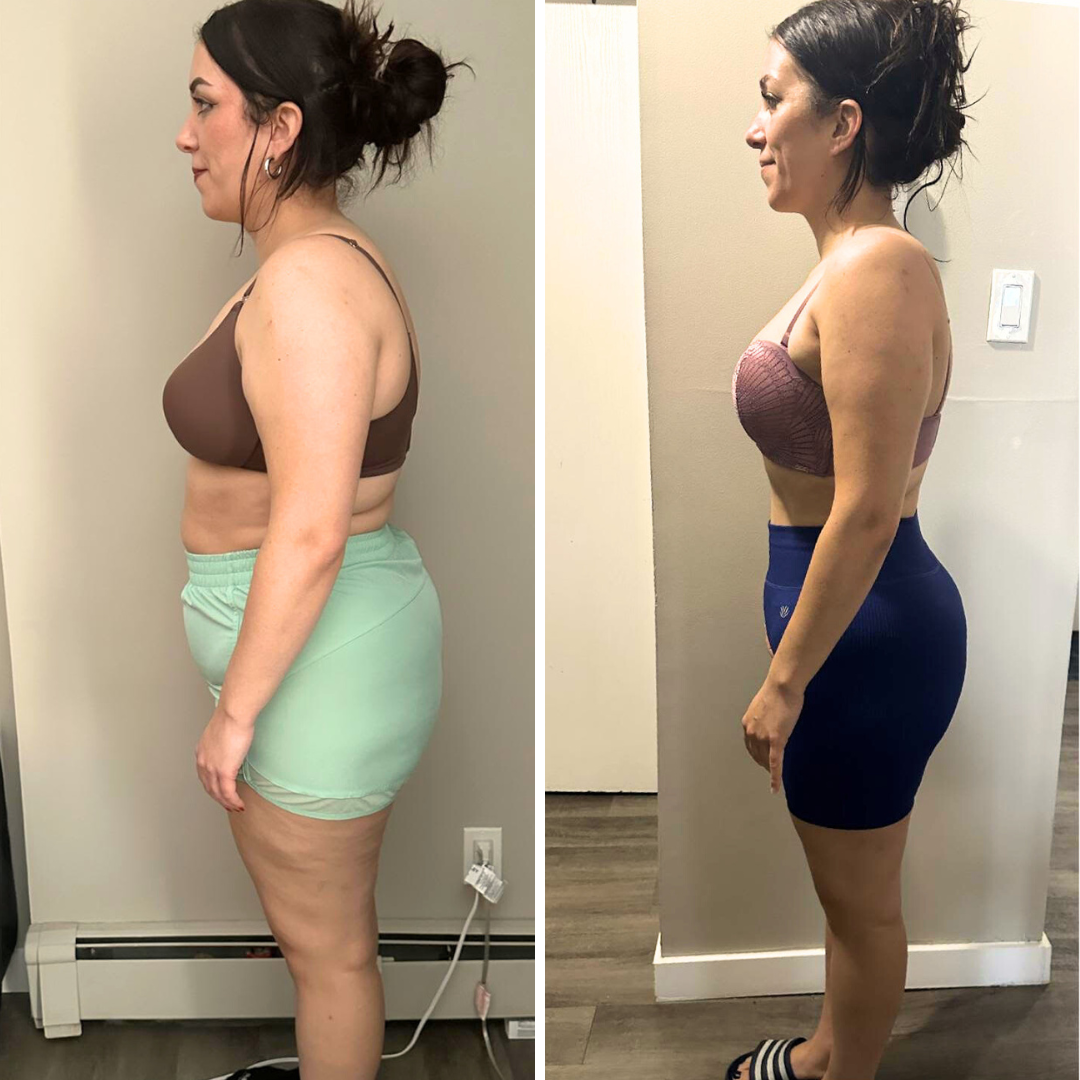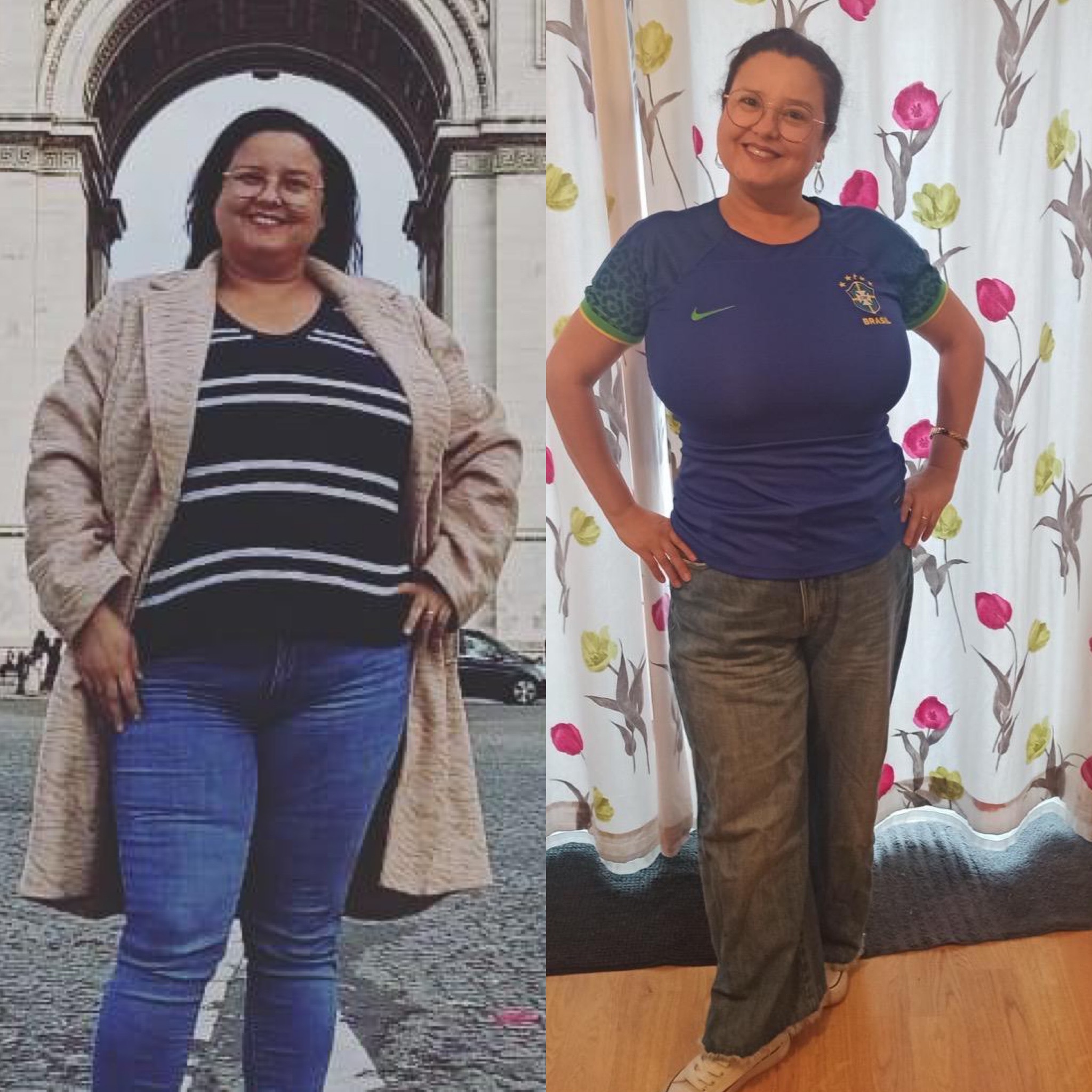Nutrition During Menopause: Which Foods Help with Symptoms?

Menopause is a natural transition that comes when the menstrual cycle ends. This is marked after 12 months without a period. It can take several years for women to be in menopause. During this transition, called perimenopause, women already start to feel side effects and symptoms. The common age for menopause is 45-55 years old.
During menopause, some quite common symptoms in women can be experienced due to the drop in the hormone estradiol, known as the “female” hormone. The most frequent symptoms are hot flashes, difficulty sleeping or insomnia, irritability, anxiety with or without depression, dryness of mucous membranes, hair loss, increased cholesterol, increased cellulite, difficulty losing weight, increased appetite and consequently weight gain, especially in the abdominal region.
While menopause is linked to many uncomfortable symptoms and increased risks of diseases, there are some foods you can eat for menopause treatment. Find a nutritionist for menopause near you to tailor a personalised plan and discover the benefits.
Some simple changes in habits and diet can greatly help in controlling the symptoms, for example:
- To help control hot flashes, avoid excessive consumption of chillies, ginger, and coffee. Include tea made from white mulberry leaves three times a day, and consume foods derived from fermented soy such as tofu and tempeh, cassava/yam, and parsley root.
- To control anxiety and irritability, invest in tea made from passionflower leaves, chamomile flowers, and lemon balm. Include 30g of 70% dark chocolate per day, as this can further alleviate symptoms of anxiety and reduce cravings for sweets.
- To assist in weight control and maintenance and to prevent high blood pressure and cholesterol, engage in physical activities such as weight training, walking, running, and swimming. Avoid consuming alcoholic beverages and high-calorie, low-nutrient foods such as processed, ultra-processed, sugary, and fatty dairy products.
- To avoid weight gain, focus on consuming raw vegetables both at lunch and dinner. Avoid high-calorie, low-nutrient snacks rich in flour, such as bread, cakes, and biscuits. Opt for fresh fruits and a small portion of nuts, almonds, walnuts, or coconut chips.
- To help reduce cellulite, drink plenty of water throughout the day and ensure an adequate protein intake during meals. To do this, consume protein-rich foods such as eggs, fish, chicken, pork, seafood, and red meat in moderation, while also reducing sugar intake. Another important tip is to include collagen in your daily routine if possible.
- A low-carb diet, with a reduction but not total exclusion of carbohydrates, can be one of the best nutritional strategies to improve menopause symptoms and aid weight loss during a phase when a woman’s metabolism is generally slower. However, individual evaluation and follow-up are essential to prescribe and calculate a suitable diet according to each woman’s current metabolism. Excessive restriction or exclusion of foods from the diet without professional supervision can contribute to worsening post-menopausal symptoms.
In summary, menopause is a natural part of every woman’s life and the symptoms can affect greatly their everyday life. However, some foods can help to manage the symptoms better. Seek help from a hormone nutritionist or menopause nutritionist nearby and experience the best benefits that a personalised diet for menopause can bring.
Get an action plan with a Free Assessment!
Get personalized insights to enhance your well-being and achieve your goals. In this 15-minute video call, we will listen to you and guide you on what you need to do.
Schedule Your Free AssessmentRecent blogs







